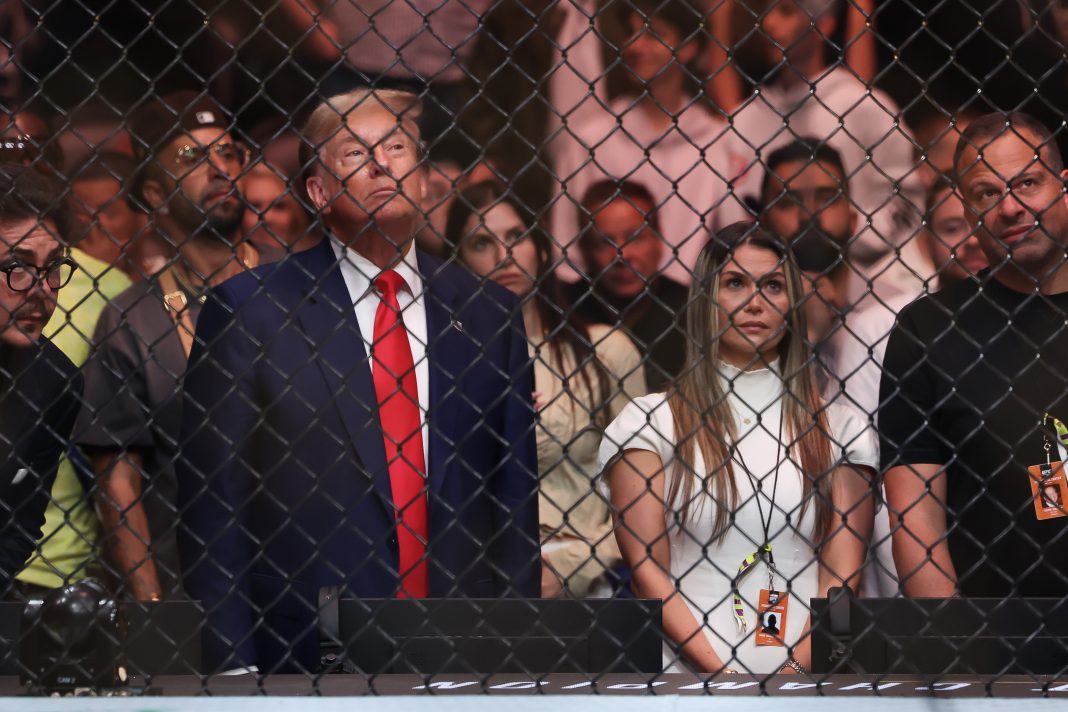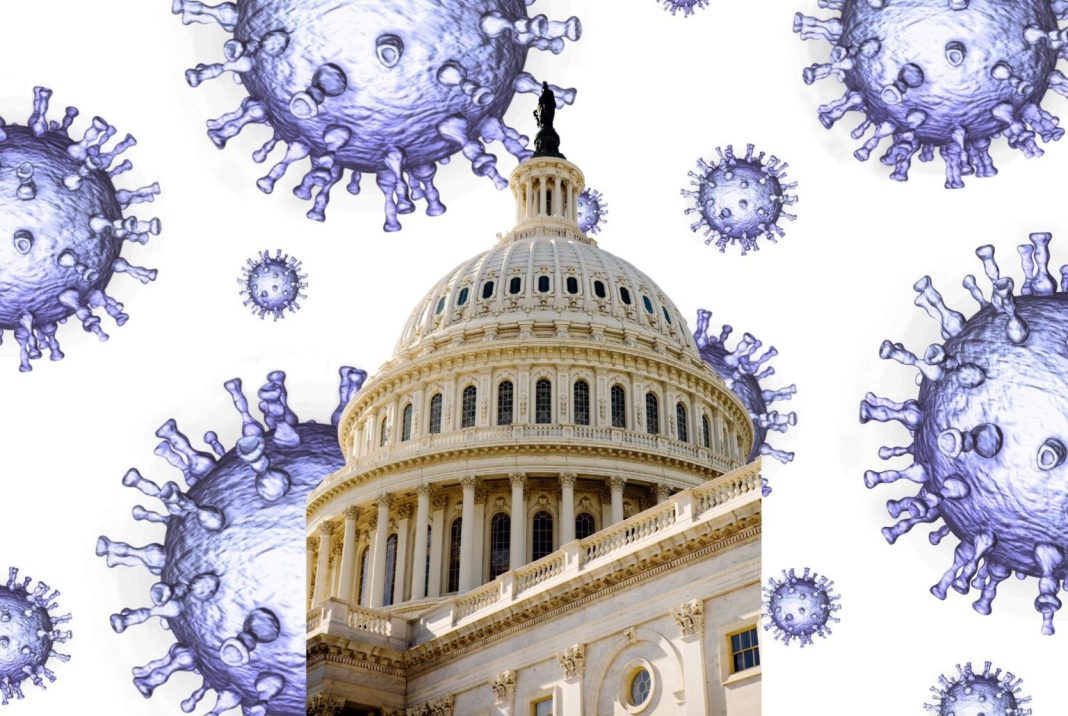Introduction:
Last Thursday, a New York fraudster faced the legal consequences of his actions, pleading guilty to money laundering. However, this case was overshadowed by another high-profile white-collar criminal case on the same day. Former President Donald Trump was also convicted for falsifying business records, specifically hiding a hush-money payment to a porn star during his presidential campaign. While the Trump and Mirsaidov cases differ in their nature and stakes, they highlight the routine white-collar prosecutions that occur within the justice system. Claims of political persecution against Trump are unfounded when considering the similarities between his case and that of Mirsaidov.
The Similarities Between the Cases:
Shukhratjon Mirsaidov, a former business executive, was accused of laundering hundreds of thousands of dollars obtained through health care fraud. He utilized his senior position to gain access to company accounts and launder funds. The U.S. attorney for the Southern District of New York, Damian Williams, emphasized the severity of such conduct, particularly when executives abuse their positions. Trump’s case parallels Mirsaidov’s in terms of fraudulent activity, but with the added goal of winning an election through a cover-up.
Different Treatment for Trump:
While Trump was treated like any other white-collar criminal in New York, his guilty verdict stands in stark contrast to the privileged treatment he has received in his other pending cases. The New York case was unable to be delayed or quashed by Republican-appointed judges or right-wing legal and political systems, making it the only one that has gone to trial. This discrepancy undermines the notion of equal treatment before the law in the United States.
Trump’s Pending Cases:
Apart from the New York case, Trump faces three other pending cases. One involves federal charges for attempting to overturn the 2020 election and illegally remain in power. The second case pertains to Trump illicitly keeping classified documents after leaving office and hiding them from federal investigators. The third case involves state charges in Georgia for conspiring to overturn the 2020 election results in that state. However, delays and legal maneuvers have hindered progress in these cases, reflecting the privileged treatment Trump receives.
The Supreme Court’s Role:
The federal case regarding Trump’s efforts to overturn the 2020 election is currently on hold as the Supreme Court, dominated by Republicans, considers Trump’s claim of immunity from prosecution due to his status as president at the time. In the classified documents case, a Trump-appointed federal judge has granted numerous delays, potentially aiming to postpone the case until after the November election. The Georgia case has also faced delays due to a personal relationship between the district attorney and an outside prosecutor, leading to appeals and trial postponements.
Implications for the Rule of Law:
The Supreme Court’s upcoming ruling on Trump’s immunity in the federal election interference case raises concerns about the rule of law. Justices Clarence Thomas and Samuel Alito, who have faced ethical challenges themselves, will have a say in holding Trump accountable. The New York case, initially considered the weakest of the four cases against Trump, currently stands as the only one holding him accountable as a white-collar criminal. This highlights the need for a fair and impartial justice system that treats all individuals equally, regardless of their status or political affiliations.
Conclusion:
The cases against Shukhratjon Mirsaidov and Donald Trump shed light on routine white-collar prosecutions within the justice system. Despite their differences in nature and stakes, the similarities between these cases refute claims of political persecution against Trump. The privileged treatment Trump receives in his other pending cases raises concerns about equal treatment before the law. As the legal proceedings continue, it remains crucial to uphold the principles of fairness and accountability to maintain the integrity of the justice system.


